Our team at Shane Smith Law will review your case, free of charge, and explain your legal options.
South Carolina Brain Injury Lawyers
Living With a Brain Injury Sustained in a Personal Injury Accident? Our Attorneys Can Help You Get the Compensation You Deserve
Brain injuries are some of the most serious injuries associated with car crashes, slips and falls, and other personal injury accidents. These injuries often require extensive — and costly — medical treatment and can leave victims with permanent impairments that can affect their ability to hold a job, socialize, or even care for themselves.
If you suffered a brain injury in an accident caused by another person or entity's negligence, you may be entitled to compensation.
Common Causes of Brain Injuries
Technically speaking, brain injuries like concussions and traumatic brain injuries (TBIs) occur when the head or body sustains a powerful blow or jolt — or when an object penetrates the skill — disrupting the brain's normal functions.
The jolting, jostling conditions ideal for causing serious brain injuries are common in a number of types of personal injury accidents, including:
Brain Injury Types
There are a number of different types of brain injuries that vary in severity and cause.
Common types of brain injuries include:
- Concussions: The most common — and mildest — type of brain injury, concussions occur when the brain is exposed to sudden movement or the head sustains a direct hit. Most concussions heal on their own with time and rest, though subsequent concussions can lead to more severe disabilities.
- Contusions: A bruise or bleeding on the brain, also known as a contusion, is often the result of a direct blow to the head.
- Traumatic brain injuries: Traumatic brain injuries (TBIs) are the result of brain damage caused by an external factor — such as a strong blow to the head or body or a penetrating object. These injuries often result in long-term impairments.
- Diffuse axonal injuries: These injuries are the result of intentional shaking — such as in a shaken baby incident — or the severely jostling conditions of an accident.
- Coup-contrecoup injuries: Sometimes, when the head sustains a particularly forceful blow, bleeding occurs at the site of the direct impact, as well as on the other side of the brain where it collided with the skull.
Consult an Experienced Attorney
Do you have questions about your brain injury case?
Contact Shane Smith Law to schedule an appointment for a free initial consultation to discuss the details of your case with one of our knowledgeable South Carolina brain injury attorneys. Don't wait — the time to file your insurance claim or lawsuit is limited.
Living With a Serious Brain Injury
The Centers for Disease Control and Prevention (CDC) estimates that more than five million Americans are living with a disability stemming from a TBI.
Moderate to severe TBIs and related disabilities can affect nearly every aspect of an accident victim's life, often resulting in coma or temporary amnesia, as well as long-term or permanent impairments such as:
- Cognitive impairments affecting attention, problem solving, and memory
- Motor function deficits that can cause weakness of the extremities, poor coordination, and poor balance
- Sensory impairments related to hearing, vision, touch, and perception
- Emotional impairments leading to anxiety, depression, poor impulse control, and personality changes
TBI-related disabilities and impairments often require ongoing medical treatment, in-home or on-site assistive services, assistive mobility equipment, and home modifications — the costs of which can quickly become astronomical.
In fact, the estimated lifetime treatment costs for a TBI range from $85,000 to $3 million, according to Northwestern University's Feinberg School of Medicine.
When someone is injured in an accident caused by someone else's negligence, South Carolina law allows them to seek compensation for both economic and non-economic damages, including:
- Related medical expenses
- Lost wages
- Loss of income
- Pain and suffering
- Mental anguish
- Disability
- Reduced quality of life
- Loss of enjoyment of life
- And more

-
Millions of Dollars Obtained
Our team is committed to obtaining the best possible result on your behalf. Whether your injury is small or big, we will not rest until we get the compensation you deserve.
Explore Our Results -
Committed to Providing Answers
We understand that this is a scary and confusing time. We have created a library of free resources that will allow you to start finding the answers and solutions to your most pressing questions.
Explore Our Library -
Focused on Your Recovery
We handle all aspects of Personal Injury throughout North Carolina and Georgia. If you have been injured, our team can help.
Explore How We Can Help



